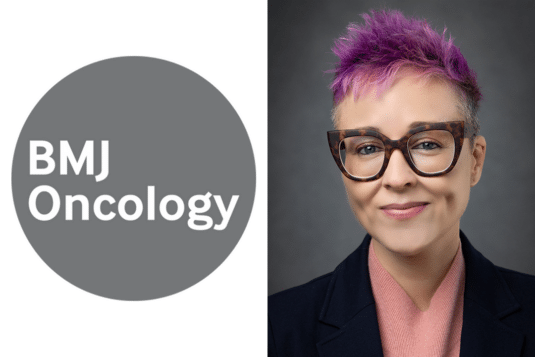Patient portal use among patients with cancer has increased significantly in recent years. This state-of-the-art review seeks to address and analyse literature involving patient portal use by patients with cancer and their care partners.
Review of Literature
Sharing Clinical Notes and Electronic Health Records With People Affected by Mental Health Conditions: Scoping Review
PAEHRs in MHC may strengthen user involvement, patients’ autonomy, and shift medical treatment to a coproduced process. Acceptance issues among health care professionals align with the findings from general health settings. However, the corpus of evidence on digital sharing of EHRs with people affected by mental health conditions is limited. Above all, further research is needed to examine the clinical effectiveness, efficiency, and implementation of this sociotechnical intervention.
OpenNotes: Anticipatory Guidance and Ethical Considerations for Pediatric Psychologists in Interprofessional Settings
The OpenNotes era has ushered in the possibilities of greater patient and family collaboration in shared decision-making and reduced barriers to documentation sharing. However, it has raised new ethical and clinician documentation considerations. In addition to clinician education, patients and families could benefit from education around the purpose of clinical documentation, how to utilize OpenNotes, and the benefits of engaging in dialogue regarding the content and tone of documentation.
Healthcare in the new age of transparency
A growing body of research supports the notion that sharing transparent medical records, including clinical notes with patients, can help to strengthen communication, trust in clinicians, and patient engagement. Patients receiving dialysis may receive particular benefits from this greater transparency due to their increased risk for fragmented care. In the paper, we review the decade of research focused on the effects of sharing clinical notes with patients and the implications for improved engagement and care.




